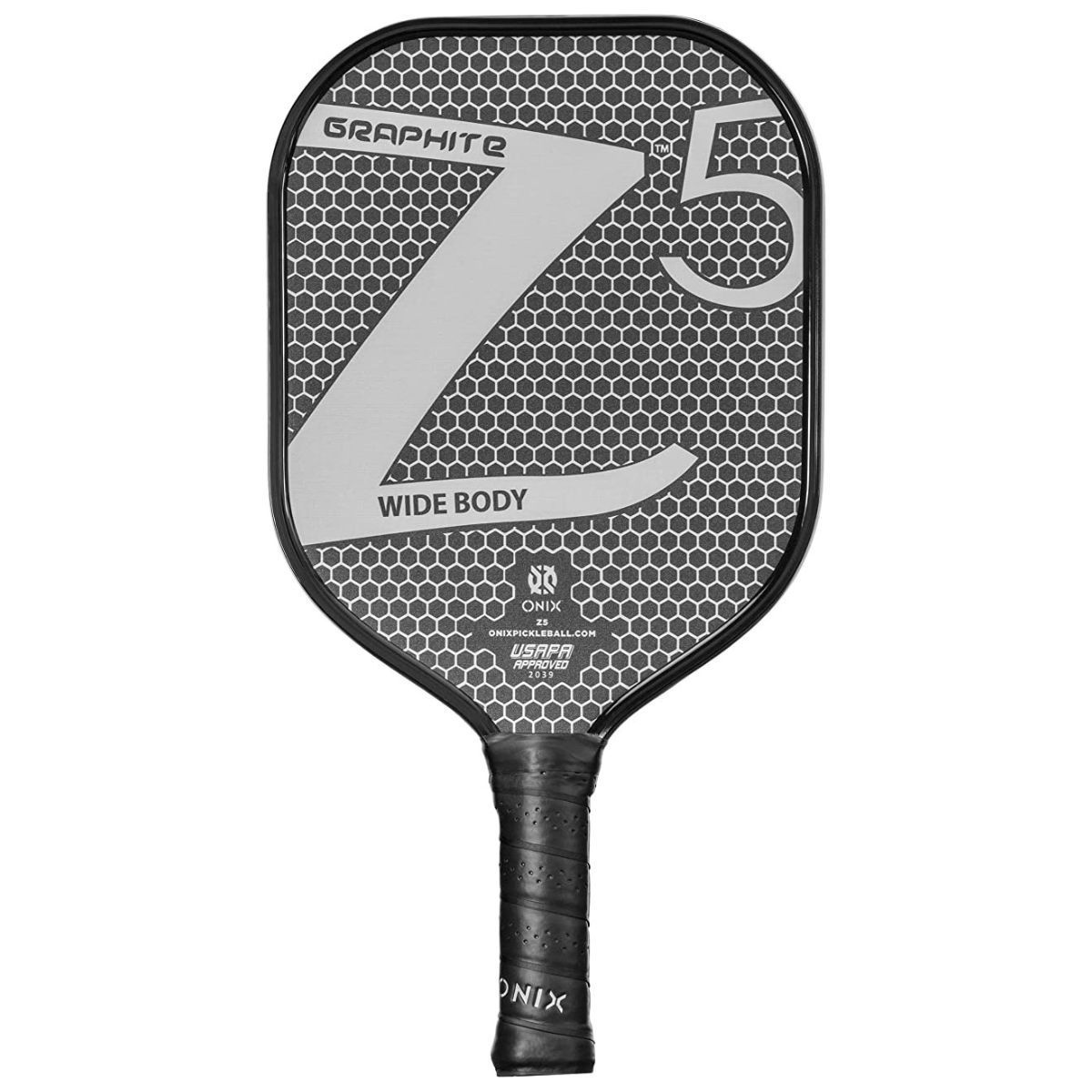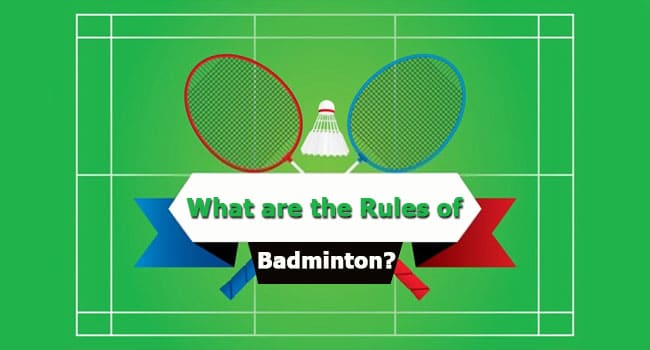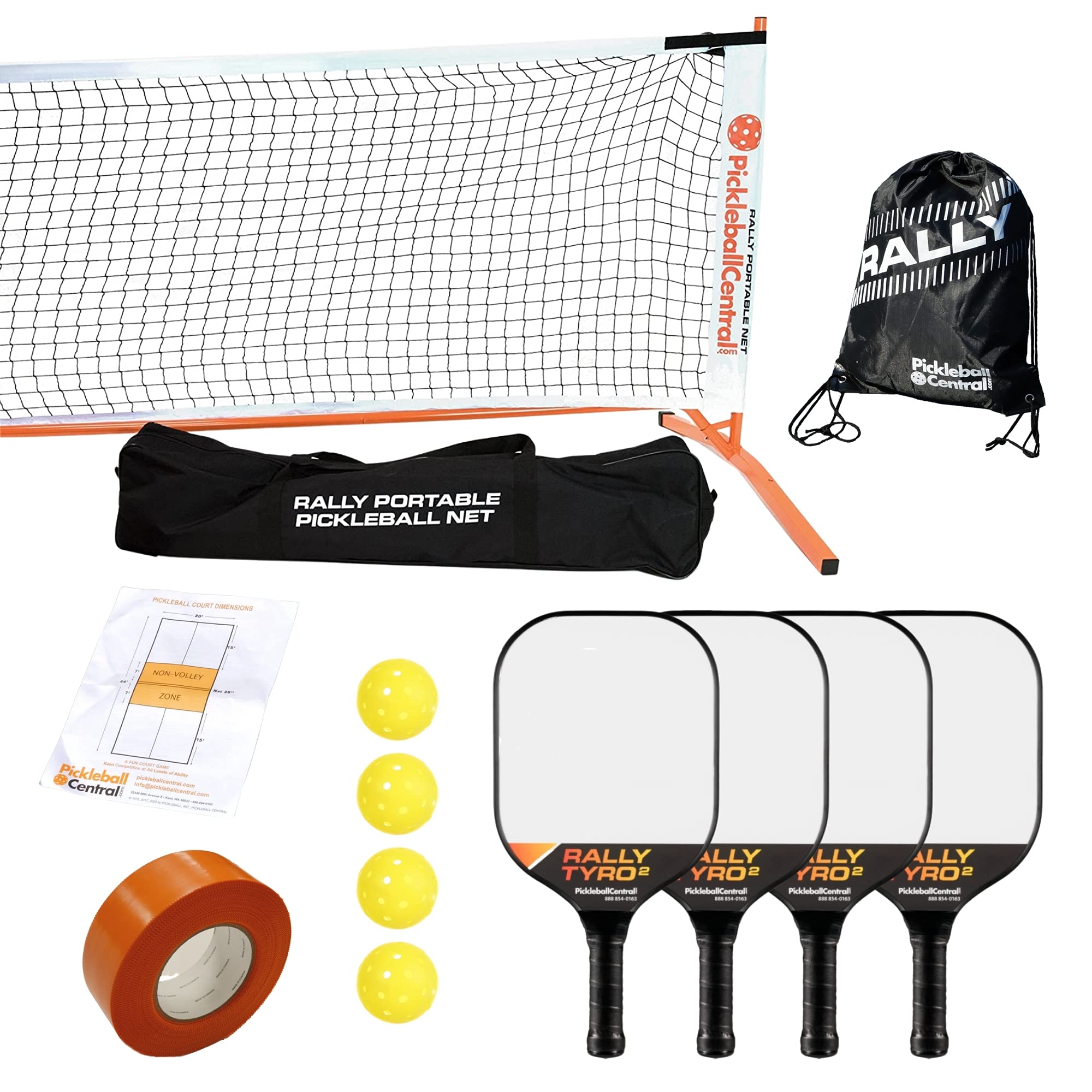
Padel, also known as racket sports, is on the rise in Europe and South America. It's a fast-paced social activity that can be enjoyed by all ages.
Padel is played on an enclosed court, with walls and a net to divide the playing area into two halves. Each team takes turns serving and hitting a ball. Your goal is to score more than your opponent. You win the match if you score more points than your opponent.
To play padel you must be fit and have good coordination. Padel shoes are comfortable and provide good grip on the courts. To prevent overheating, they should be made of rubber. A container to hold your balls in pressure is a must.

A padel player's first task is to serve. Serves must be executed underarm and the ball should go diagonally into the opponent’s court. After the serve, the opponent can hit the ball from their own side. The player cannot hit the ball twice in one go. If the ball hits the wall it is considered out.
As with most racket sports, the padel game is played in pairs. A match can last 30 minutes to 2 hours, depending upon the level of players. Three to four matches may suffice for a beginner. For experienced players, however, more practice is necessary.
To play padel, you must have a good understanding of the rules. To play padel, one must understand the rules. Players can't commit double faults. You can also learn padel very quickly. Padel is easy to learn and can be played in under 30 minutes.
Padel can be an excellent exercise as it can tone your abdomen and arms. You can also relieve stress by playing padel. Padel is an exciting and fun way to spend quality time with your family and friends. There are padel centres popping up everywhere, so you can find one in your local community.

Padel is a great way to increase your physical activity and can be very fun. Padel is a competitive activity so you need to plan well. This will require you to work together and learn how to take responsibility for your actions.
Although padel was introduced initially in Mexico it has been embraced by other countries around the world and is now one among the fastest-growing sporting activities. There are padel courts all over the Caribbean, including the Dominican Republic and the Bahamas, as well as Martinique and Guadeloupe. There are three major padel tournaments: the World Padel Tour and the World Padel Championships. The Femme Open was established in Sweden and is the largest female amateur tour in the world.
FAQ
Can I eat during my exercise?
Yes. Yes. You should choose low-calorie snacks, such as watermelon (carrots, celery), apples, bananas and grapes. These foods contain nutrients that help you perform better during workouts.
Do I need to warm up before exercising?
Warming up before an activity can reduce muscle soreness, improve performance, and help to prevent injury. Warming up can take many forms, including walking, running or jumping rope, stretching, or cycling. Start slowly and gradually increase your pace and intensity.
Are there any exercises that I shouldn't do or should I?
You should always consult with your doctor before starting any new workout routine. You may have injuries or other medical conditions that prohibit you from exercising in certain ways. Also, some activities require special equipment or training. Swimming requires you to have a swimsuit and access to the pool.
Why is physical activity important?
For our health, physical fitness is vital. Exercise is important to maintain your weight, strength and flexibility as well our cardiovascular system. Exercise improves sleep quality, helps with stress management, increases energy and boosts self-esteem.
Statistics
- Physical activity confers the following maternal and fetal health benefits: a decreased risk of pre-eclampsia, gestational hypertension, gestational diabetes (for example, 30% reduction in risk) (who.int)
- An estimated 110,000 deaths per year could be prevented (cdc.gov)
- According to the Centers for Disease Control and Prevention, chronic diseases cause 7 out of 10 deaths in the U.S., and treating chronic diseases accounts for 86% of U.S. healthcare costs. (mana.md)
- Adolescent girls were less active than adolescent boys, with 85% vs. 78% not meeting WHO recommendations of at least 60 minutes of moderate to vigorous intensity physical activity per day. (who.int)
External Links
How To
How to Keep Fit during Pregnancy
Your body experiences many changes when you are pregnant. Because you are carrying a baby, your metabolism slows down and you eat less. You might even start to feel sick if you don't get enough sleep. You don't have to be sick to enjoy this moment in your life. There are ways you can make sure you stay healthy!
First, consult your doctor before you begin any exercise program. They will be able to tell you what exercises to avoid and which ones they recommend you do safely. Second, make sure you eat well throughout your pregnancy. This includes eating plenty of protein, fiber, and iron. Third, it is important to drink plenty. Water is particularly important when exercising, as sweat can lead to a loss of fluids. Last, take good care of your feet. You should always keep your feet dry, and wear shoes that provide support. If you're having morning sickness, make sure you eat something small like crackers or toast before getting out of bed. If you do not eat something small, you might feel nauseated.
-
Be healthy. A healthy diet is crucial throughout the entire pregnancy.
-
Keep active. Daily exercise of at least 30 mins
-
Maintain a Healthy Weight Reduce the amount of food you eat and eat snacks less often can help you lose weight.
-
Get Enough Sleep. Get at least 7-9 hours sleep each night.
-
Manage Stress. Learn relaxation techniques.
-
Avoid Alcohol. It can cause miscarriage as well as birth defects.
-
Be kind to yourself. Be gentle with yourself.
-
Take care of yourself. Have someone check in on you when needed.
-
Relax. Do things that bring you joy.